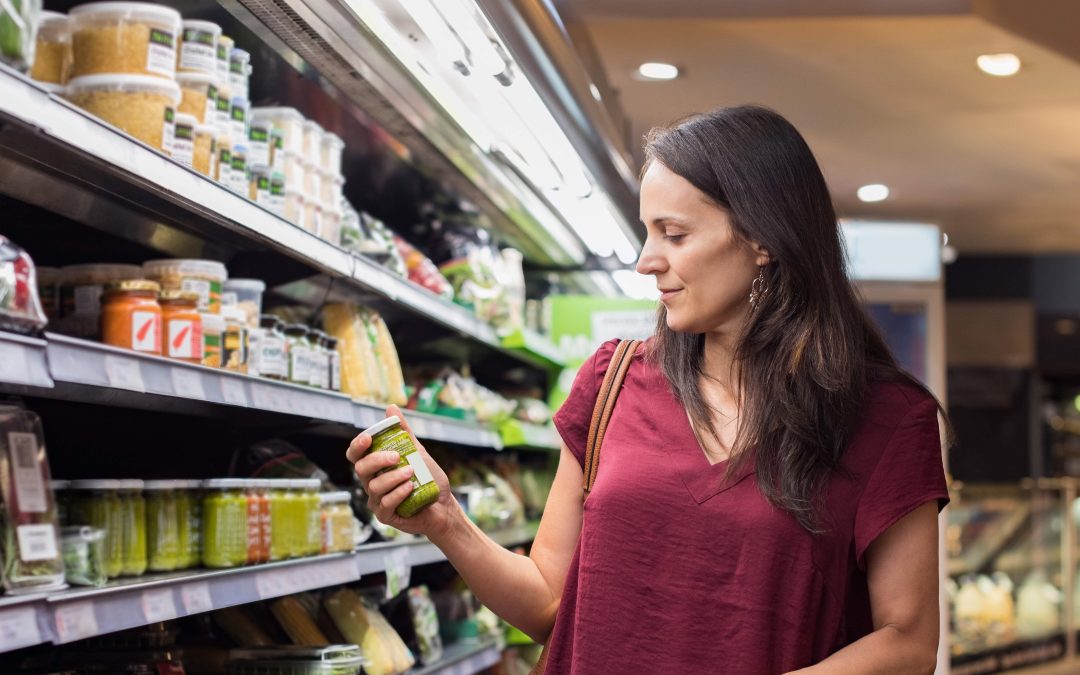Market research firm Kantar has found that Lidl’s sales grew by 10.9% over the 12 weeks to February 2024, as grocery price inflation fell to 5.3%, the lowest rate since March 2022.
The fall in grocery price inflation marked a decrease of 1.5% from January, while take-home grocery sales grew in value by 5.1% for the four weeks to 18th February 2024.
Grocery inflation now stands at 6.1% for the 12-week period ending 18th February 2024. Kantar said that prices are rising fastest in markets such as sugar confectionery, chocolate confectionery and frozen potato products, and are falling fastest in butter and milk.
According to the latest figures, Lidl was the only retailer to achieve double-digit growth with sales up by 10.9% over the 12 weeks to 18th February 2024, making it the fastest growing grocer for the sixth month running. The discounter now holds a 7.5% share of the market, an increase of 0.4%. Aldi also reportedly grew ahead of the market, boosting sales by 5.7% and maintaining its 9.4% share.
Retailers Sainsbury’s and Tesco increased their share of the market by 0.4% and 0.3% respectively. Sainsbury’s now holds a 15.6% share, with sales up 7.6%. Tesco’s sales grew by 6.2%, pushing the grocer to a 27.6% share of the market.
Waitrose increased sales by 3.8%, accounting for a 4.6% share. Morrisons’ share now stands at 8.8%, with sales up by 3.1% compared to last year. Retailer Asda, which recently revealed its plan to open its 1,000th store, saw sales increase by 1.9%, with Asda now holding a 13.8% market share.
Iceland currently holds 2.3% of the market and grew its sales by 2.1%, while Co-op’s sales were up by 1.4%, resulting in a 5.3% share for the retailer.
Online retailer Ocado saw its sales rise to 4.9% to hold 1.9% of the total market share. Kantar said that the total online market saw year-on-year growth of 6.8%.
Promotions “accelerate” after slowdown
Tom Steel, strategic insight director at Kantar, said: “Things are looking up for shoppers this February. Consumers have been navigating a grocery inflation rate of more than 4% for two years now, so this latest easing of price rises is especially welcome.
“Though there’s been a lot of discussion about the impact the Red Sea shipping crisis might have on the cost of goods, supermarkets have been pulling out all the stops to keep prices down and help people manage their budgets.”
Steel continued: “This month, Morrisons became the latest retailer to launch a price match scheme with Aldi and Lidl, after Asda made the move in January. More generally, we saw promotions accelerate this month after a post-Christmas slowdown.
“Consumers’ spending on offers increased by 4% in February, worth £586 million more than the same month in 2023. Sainsbury’s and Iceland’s efforts paid off in particular, and they were the only retailers to attract more shoppers through their doors.
“The battle between supermarkets’ own-label lines and brands also remains fierce. Own-label nipped ahead this month, growing sales by 5.5% versus branded products at 5.3%.”
Consumers make savings on Valentine’s Day
During the seven days before Valentine’s Day, sales of steak and boxed chocolates increased by 12% and 16% compared with last year.
Steel said: “£36 million was spent on meal deals costing £10 or more in the week leading up to 14th February. This figure is slightly down on 2023 when spend hit £43 million, but that’s because consumers chose to make more savings this year through price cuts. Sales of chilled ready meals and desserts on promotion did particularly well this year.”









